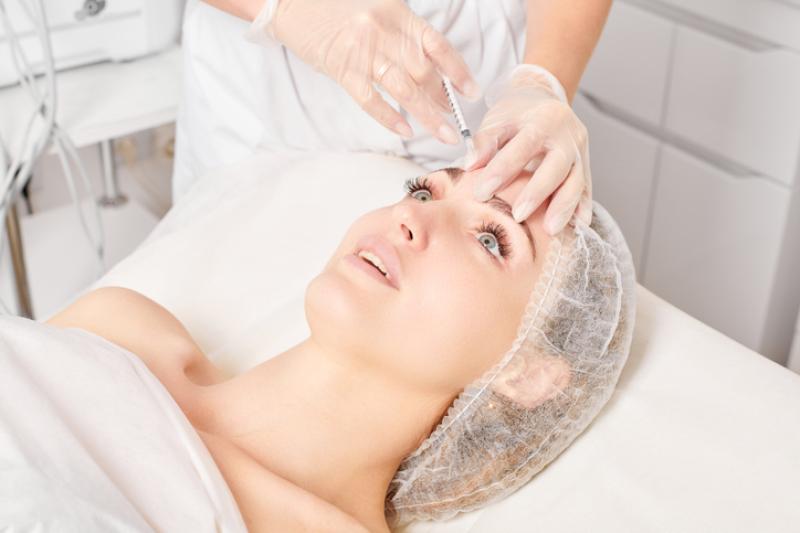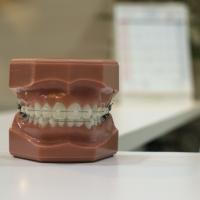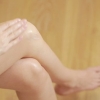Home > Blog > Cosmetic Surgery
Unlocking the Path to Botox Certification: The Essential Background and Skills

In an era where the pursuit of timeless beauty is met with cutting-edge science, Botox has emerged as a revered tool in the arsenal of medical aesthetics training. It's a name that effortlessly conjures images of smooth, youthful skin and newfound confidence. As the demand for minimally invasive cosmetic procedures continues to soar, the allure of obtaining a Botox certification has captured the attention of medical professionals around the globe. However, the question that often lingers is: What exactly does it take to tread this path of expertise and certification?
The journey to becoming a certified Botox practitioner isn't just about mastering the technicalities of injecting a substance. It's a holistic experience that blends medical knowledge with artistic finesse, ethical responsibility, and a profound understanding of patient desires. Every certified Botox practitioner represents the confluence of medical science and the pursuit of beauty, a fusion that empowers individuals to embrace their appearance with newfound confidence. But to embark on this transformative journey, one must lay a solid foundation – a foundation rooted in education, experience, and dedication.
Medical Background: The Foundation of Knowledge
At the heart of pursuing a Botox certification lies a solid medical foundation. Typically, candidates seeking certification should hold a medical degree, such as a Doctor of Medicine (MD) or a Doctor of Osteopathic Medicine (DO). This foundational medical education provides an understanding of human anatomy, physiology, and medical principles – all of which are integral to safe and effective Botox administration.
Licensing and Credentials: A Legal Requirement
Before even considering a Botox certification, aspiring practitioners must ensure they are fully licensed and credentialed in their respective medical fields. Medical professionals are subject to regulatory bodies and licensure requirements that vary by jurisdiction. These credentials not only validate their medical expertise but also establish a legal framework within which they can practice aesthetic medicine.
Dermatology or Aesthetic Background: An Added Advantage
While not always mandatory, having a background in dermatology, plastic surgery, or other aesthetic specialties can offer a significant advantage when pursuing a Botox certification. Professionals with experience in these fields may have a deeper understanding of skin health, facial anatomy, and the aesthetic goals of patients. This background can facilitate a smoother transition into the world of medical aesthetics.
Injection Skills: Precision and Technique
A steady hand and precise technique are critical skills for any medical professional seeking a Botox certification. Having experience in administering injections – whether it's for medical purposes or other treatments – can provide a solid foundation for learning the art of Botox injections. Skills such as needle placement, dosage calculation, and patient comfort are essential to delivering optimal results.
Communication and Patient Care: A Holistic Approach
Beyond the technical aspects of Botox administration, professionals pursuing certification should possess strong communication and patient care skills. Establishing rapport, active listening, and addressing patient concerns are integral to a successful Botox practice. Patients seeking Botox treatments often have specific cosmetic goals, and effective communication ensures that their expectations align with realistic outcomes.
An Eye for Aesthetics: Blending Art and Science
A successful Botox practitioner seamlessly merges medical science with an artistic eye. Understanding facial symmetry, contours, and expressions is crucial for achieving natural-looking results. Professionals with a keen sense of aesthetics can strategically place injections to enhance a patient's appearance while preserving their unique features.
Continuous Learning: Staying Informed
The field of medical aesthetics, including Botox treatments, is constantly evolving. Professionals seeking certification should have a passion for learning and a commitment to staying informed about the latest advancements, research, and safety protocols. This dedication to ongoing education ensures that practitioners provide the most up-to-date and evidence-based care to their patients.
Ethical Compass: Upholding Patient Trust
A strong ethical foundation is paramount in the practice of medical aesthetics training, and Botox administration is no exception. Professionals pursuing certification must uphold the highest standards of integrity, patient privacy, and informed consent. Ethics serve as the compass that guides practitioners through complex decisions, ensuring the safety and well-being of their patients.
In conclusion, obtaining a Botox certification is a rewarding endeavour that requires a combination of medical knowledge, technical skills, artistic sensibility, and a commitment to ethical practices. While a medical degree and appropriate licensure form the foundation, having a background in dermatology, plastic surgery, or aesthetics can offer a competitive edge. Proficiency in injection techniques, strong communication skills, and a passion for continuous learning are essential for success in this field. Ultimately, a Botox certification empowers medical professionals to enhance their patients' confidence and well-being through safe and skillful aesthetic treatments.
More to Read:
Previous Posts:






